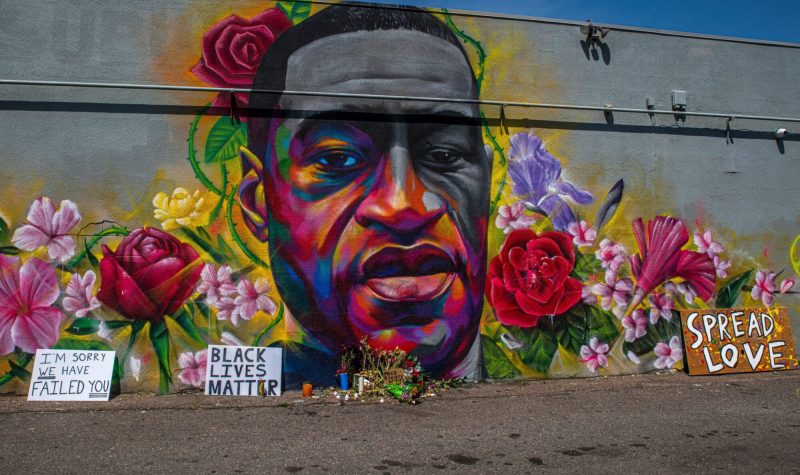Toronto sports experts weigh in on pro athletes using their platforms to comment on social justice issues.
In the wake of 2020’s Black Lives Matter movement (BLM) and the murder of George Flloyd, athletes have become more vocal, taking on roles that go beyond the game and sport.
"Sports are no longer a place for escape[from reality]," said sports sociology Professor Nicole Neverson. "Athletes are more visible now, and more comfortable being visible and speaking out.”
The larger platform that comes from an athlete's stardom also leads to an opportunity that Neverson says can start the conversation on social justice issues, and then push towards fundamental change from the management and ownerships groups, as well as by creating allyship across lines and communities.
While leagues like the NBA and NFL continue to see several of its stars become more visible spokespersons and advocates, some remain hesitant, especially in the NHL. Progress is being made, especially through the hockey diversity alliance, but the culture of the sport continues to be heavily scrutinized in recent years.
Further, the experts say the conversations can start with the athlete, but changes at the top of each franchise must happen to see a definitive, sustainable shift. Locally, examples of the Toronto Raptors being a leading voice in the Black Lives Matter movement and the Toronto Maple Leafs seeking diverse voices across its levels continue to emerge.
Toronto sports host Savannah Hamilton said that athletes are stepping up in several sports, but they are not obligated or trained to do so in several instances. Examples like NBA star Lebron James speaking on social issues or providing charitable, humanitarian aid should not be expected by all athletes - as mentioned by Neverson, it has to be beyond the athlete and more about the collective.
Hamilton said athletes, when they choose to do so, can start the conversatons, but “it’s about the implementation at the top, it’s not [just] on the athletes.”
She credits Raptors President Masai Ujiri for helping lead the BLM movement in the NBA Bubble during the early portion of the COVID-19 pandemic in 2020, as well as recent changes from the Leafs.
The Leafs brought in former player Mark Fraser, who identifies as bi-racial, to be a more diverse voice in player personnel. Hamilton said a recent event where Leafs captain John Tavares asking Fraser for advice on racial issues is one of the small steps all management teams can do to ensure athletes can be educated and comfortable enough to speak up.
While hockey does not boast the same number of athletes speaking out against social injustice, efforts like the Hockey Diversity Alliance have emerged in recent years - it is one example in Toronto and other major Canadian cities that Hamilton cites as another positive step forward in social advocacy in sports.
Listen to the full interview here:


